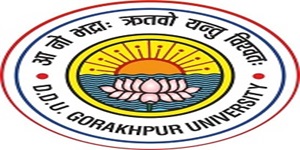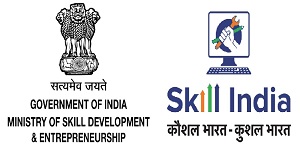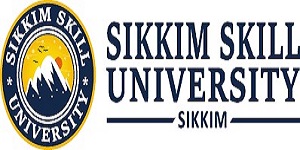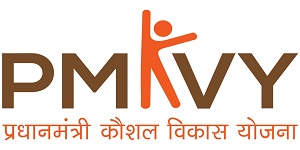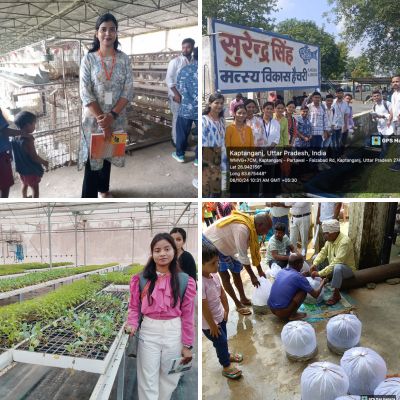Experience with Learning
The programs bring substantially different learning experiences to students, as learning by doing/applying, learning from self-experience in authentic work practices, learning in a peer-supported environment, and learning in the advanced form of application ecosystem drive the key pedagogical framework.
Student Trainee
Training on the job is given to the students at the work locations, which makes it easy for them to connect with their co-workers and employers. Moreover, they become more familiar with the workplace and work culture of the company which enhances the professional orientation. These include company hierarchy, dress code, safety practices, industry jargon, productivity expectations, and working relationships with colleagues.
Learn & Earn
The stipend received by the candidate from the Industry/Organization during job training/ apprenticeship becomes an additional incentive. The amount of stipend varies according to sector, industry, and location. WIL can be a powerful instrument for students unable to attain professional higher education due to financial constraints.


